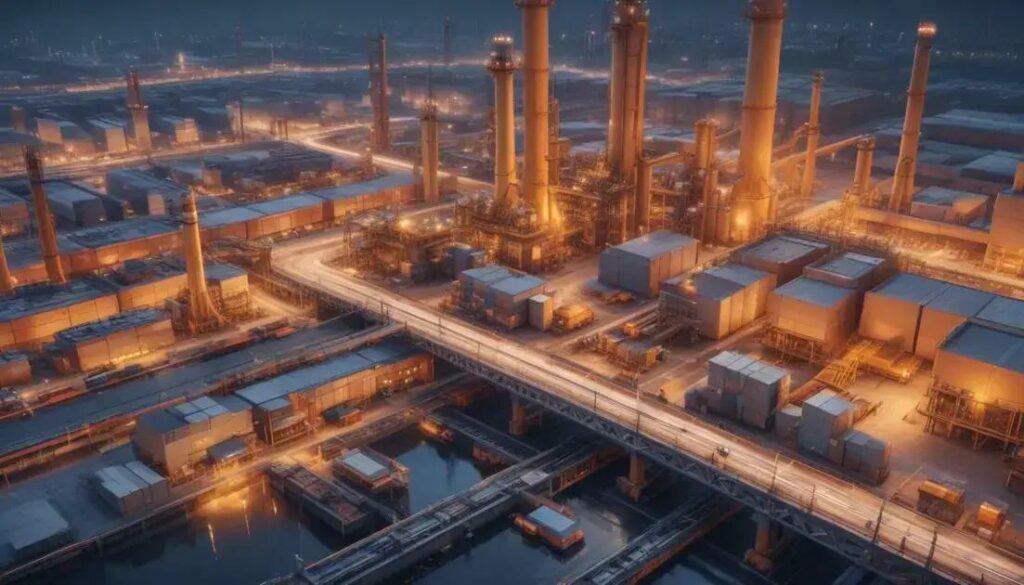Manufacturing challenges are more than just obstacles; they represent significant hurdles that the industry must navigate to maintain efficiency and competitiveness. From rising operational costs to labor shortages, exploring these issues reveals critical insights for companies striving to stay ahead.
Manufacturing challenges can have a big impact on companies. They can affect everything from costs to productivity. Identifying these challenges early is crucial for success.
Types of Manufacturing Challenges
There are various types of challenges in manufacturing. For example, supply chain disruptions can lead to delays. This can result in lost sales and unhappy customers. Another issue is technology adoption. Keeping up with new tools and processes isn’t easy, but it’s essential for staying competitive.
Impact on Efficiency
Challenges in manufacturing often lead to lower efficiency. When machines break down or materials aren’t delivered on time, production stops. This not only wastes time but also increases costs.
Dealing with Workforce Issues
Labor shortages are another common challenge. Skilled workers are hard to find and keep. Companies need to invest in training and retention strategies. Happy employees are more productive and contribute to a better work environment.
Importance of Adaptability
To overcome these challenges, manufacturers must be adaptable. This means being willing to change processes or invest in new technology. Flexibility can lead to better problem-solving and innovation.
In summary, understanding these implications is key to navigating the manufacturing landscape. By addressing challenges head-on, companies can enhance their productivity and ensure long-term success.




